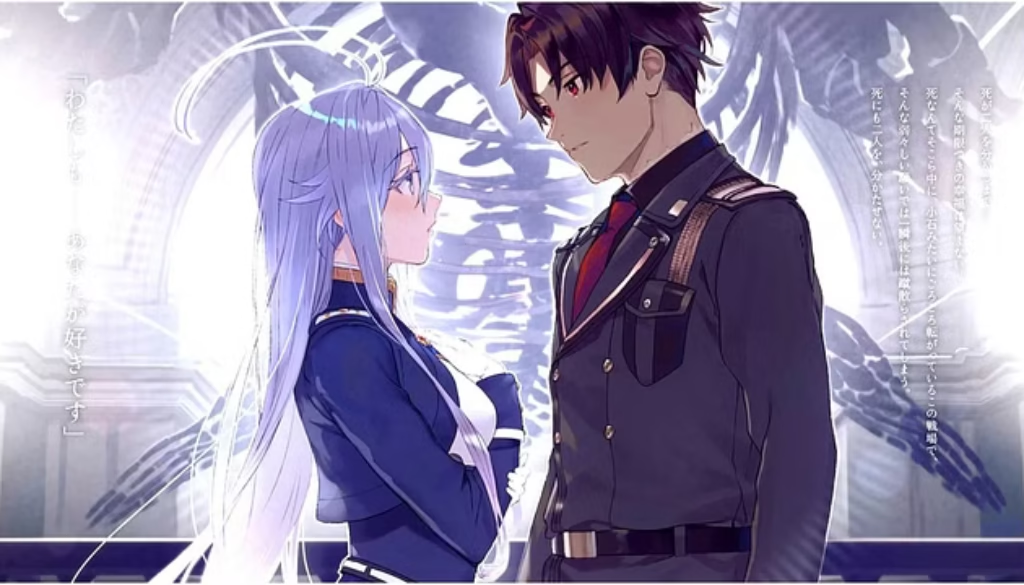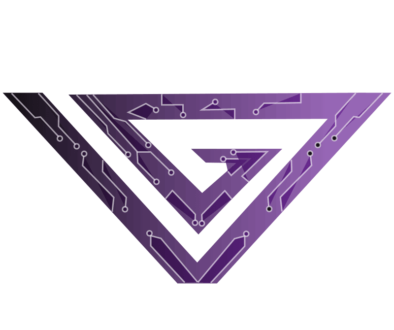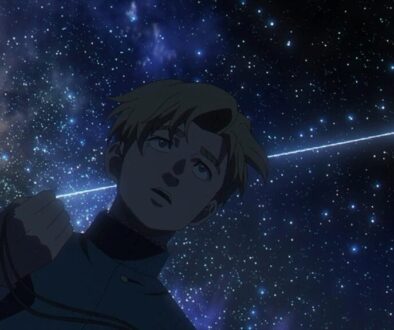Eighty Six: My Second Favorite Anime After AOT And Here’s Why…
Introduction
Alright, my sleep-deprived war drama enthusiasts, welcome to the 86 blog—where war crimes, emotional devastation, and stunning CGI mechs come together for a spicy cocktail of Why Am I Crying Again™. First things first, let’s talk about Shin, our stoic emo warlord with enough emotional baggage to fill a cargo plane. This guy has stared death in the face so many times it’s basically his emotional support pet now. And Lena—oh sweet, idealistic, ‘I’m-going-to-save-everyone’ Lena. Girl, I love your energy, but you walked into a dystopian deathmatch thinking you could change systemic racism with motivational speeches and Zoom calls.
And speaking of racism, the Republic of San Magnolia really woke up and said, ‘What if fascism, but with iPads and robot dogs?’ The 86 squad is out here fighting wars in glorified metal coffins while rich silver-haired Karens sip wine and complain about WiFi lag. But don’t worry, the plot compensates by hitting us with fireworks of trauma, literally and emotionally.
Can we also take a second to acknowledge the soundtrack? Hiroyuki Sawano out here absolutely cooking with ‘Avid’ and ‘Voices of the Chord.’ Bro doesn’t make music; he creates spiritual experiences. The final episodes? Lena running through explosions and Shin sitting there inside his Juggernaut like an emotionally constipated Greek tragedy hero? Cinema. Absolute cinema.
But listen, don’t get too comfy. If you’re planning on watching 86, prepare for emotional whiplash, philosophical debates about the value of life, and the haunting realization that nobody—nobody—is making it out of this story emotionally stable. So buckle up, buttercups.
Now, grab your emotional support grenade, shed a single manly tear, and maybe consider therapy after this one. Catch a support chair or something, for this Reaper is going to change tones and sing you poetry.
86: A Tale Etched In Dust And Stars
April 2021 marked the arrival of 86 (Eighty-Six), an anime adaptation of Asato Asato’s light novel series. A tale cloaked in gunpowder smoke and illuminated by distant fireworks. At its core lies an unyielding bond forged between two souls separated by class, ideology, and miles of blood-soaked earth: Shin Nouzen and Lena Milizé. THERE WILL BE SPOILERS AHEAD. HENCE, YOU’VE BEEN WARNED!
A World Built On Glass And Prejudice
The Republic of San Magnolia painted itself as a utopia—a whitewashed haven where war was waged by machines against machines. Yet, beneath this pristine facade lay a cruel truth: the war machines, the “autonomous drones,” were piloted by the oppressed Eighty-Six, humans deemed less than animals by the Alba elite.
For Lena, a handler and an Alba herself, this truth was unbearable. And for Shin, the Undertaker, it was simply reality—one where every day was borrowed time and every sunrise was a cruel reminder that he still carried the weight of voices long silenced.
Hatred flowed in both directions. The Eighty-Six despised Lena for her privilege, her ignorance, and her naive idealism. Lena, in turn, despised the Republic and herself for benefiting from a system she couldn’t dismantle alone.
But war has a way of making enemies see their reflections in each other’s eyes.
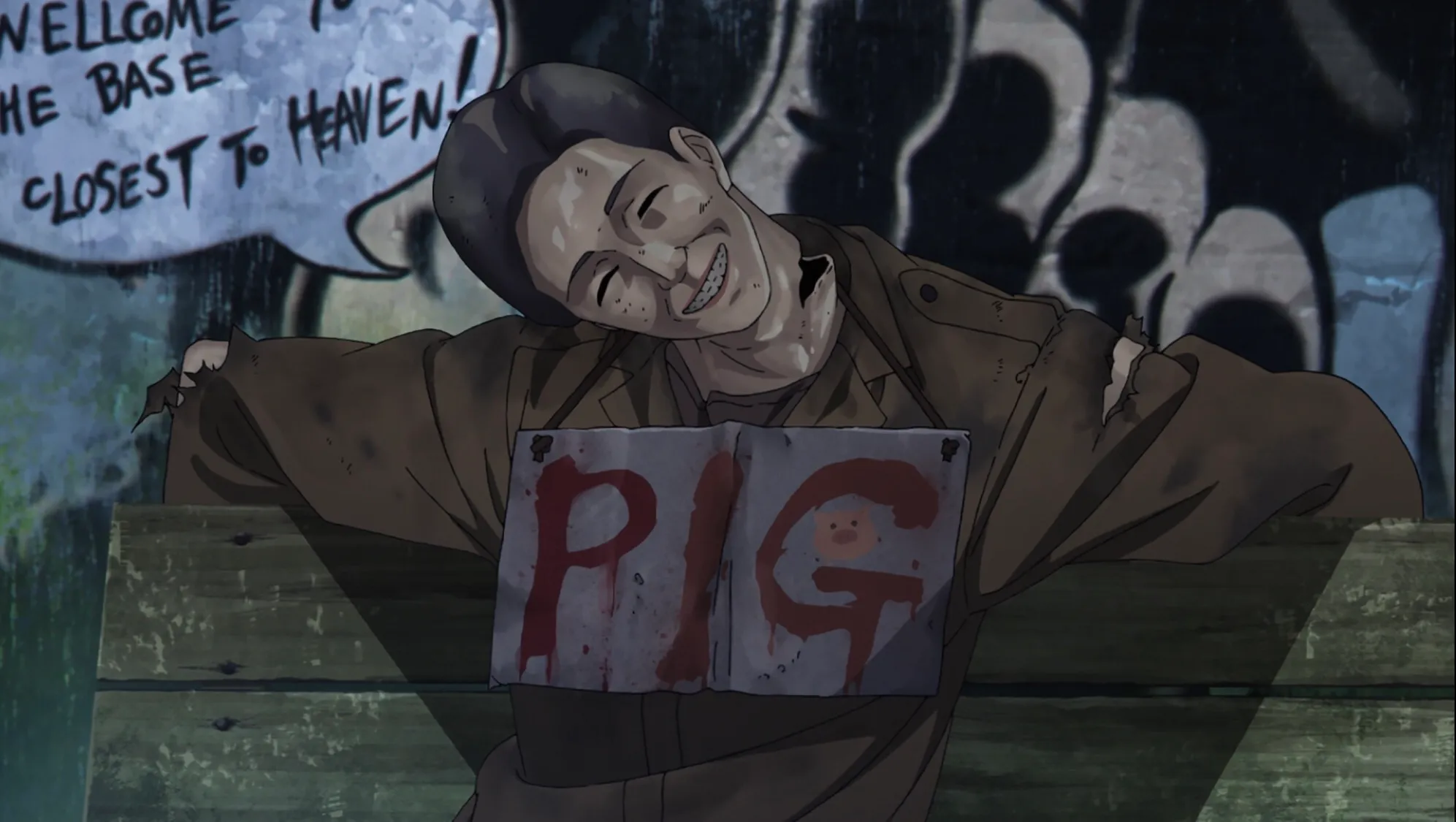
Shinei Nouzen: The Boy Who Danced Among Ghosts
Shin carried ghosts—not just in his mind, where the Legion’s wails echoed endlessly, but in the very weight of his steps and the weary stoop of his shoulders. Each dog tag he collected was a name, a life, a story he refused to let fade into oblivion.
“Hunger for the sleep I know will never come…” — (Voices of the Chord-Sawano Hiroyuki)
His motivations were simple yet unfathomably heavy: to end the voices, to find peace, to honor those who had fallen before him. Yet, despite the hollow abyss inside him, Shin’s quiet strength became the spine of his squad, holding together fragile souls teetering on the edge of despair.
In Lena, Shin found something unexpected—not salvation, not love, but recognition. She saw him, truly saw him, and for a fleeting moment, he was more than just an Undertaker.
“All the roads in my head loop back to you…” —- (Voices of the Chord—Sawano Hiroyuki)
Shin was a requiem in motion, a silent song of farewell to those who had fallen.
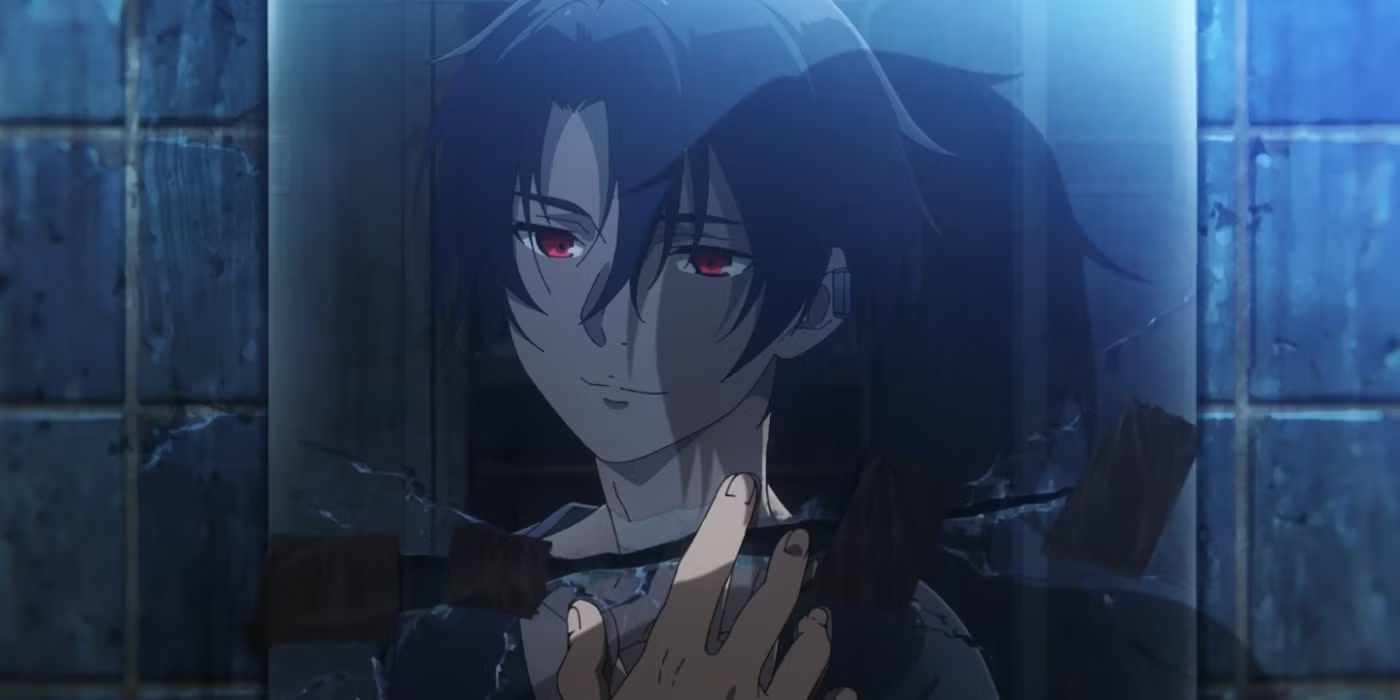
Lena Milizé: The Avidity Across The Silent Chord
Lena was a woman of words in a world ruled by silence. Her voice crackled across para-raid channels, cutting through static and fear, carrying warmth into the cold metal cockpits of the Eighty-Six.
“Because the sky I look up to changes color…” — (Avid—Sawano Hiroyuki)
But Lena was not without flaws. Her privilege blinded her, her naivety isolated her, and her idealism often felt like a fragile paper shield against a storm of bullets. Yet, she grew—through grief, through guilt, through love. Each death etched itself onto her soul, each failure carved her resolve sharper.
It was Lena’s stubborn refusal to turn away from the Eighty-Six that kept Shin tethered to the world of the living. And it was her vulnerability, her courage, and her willingness to change that turned her from a distant handler into something more—a comrade, a lifeline, a flickering lantern in a sea of shadows.
“You don’t know how reckless you are…You made me blue…” — (Avid—Sawano Hiroyuki)
Lena was the avidity across the silent chord, a fragile yet unyielding light.
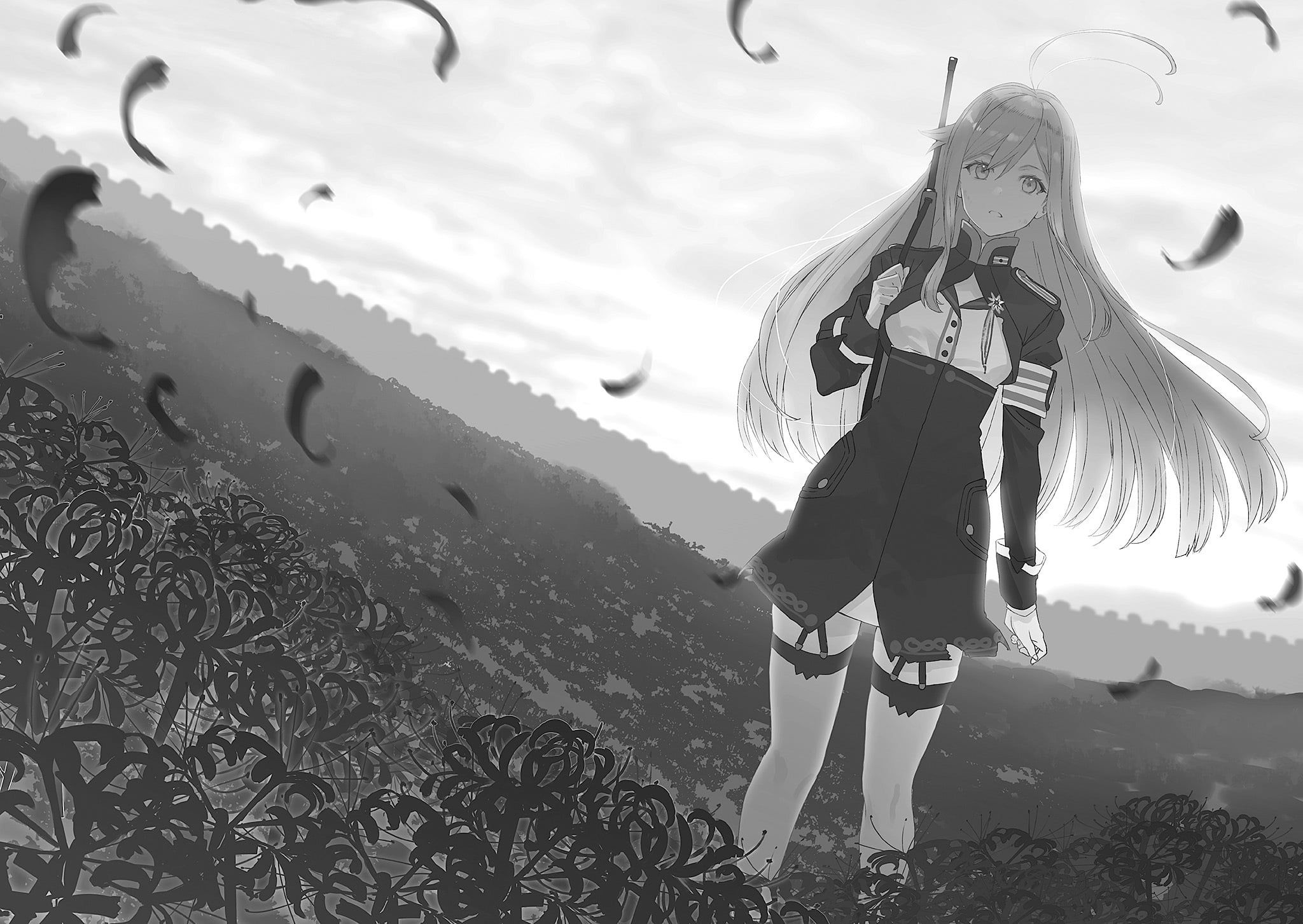
The Weight Of Their Bond
Their connection wasn’t love in the traditional sense—it was something deeper, more fragile, and infinitely more precious. They clashed, they misunderstood each other, and yet they listened. Through shared grief and fleeting victories, Shin and Lena became two sides of the same broken coin.
The fireworks scene, a moment of ephemeral beauty amid devastation, captured the fragile hope they held onto. And when their paths nearly converged in the final scene of Episode 23, it was as if the universe held its breath. They were two souls reaching across an impossible divide—so close, yet heartbreakingly apart.
Their bond was not about grand confessions or melodramatic proclamations. It was about the quiet moments, the unspoken words, and the shared promise to keep moving forward.
Through The Eyes Of The Eighty-Six
The Eighty-Six viewed the world not with hope but with resignation. For them, survival was not freedom—it was merely a prolonged delay of the inevitable. When given a chance at peace, many couldn’t walk away from the battlefield. War had become their identity, their purpose, their cage.
Raiden, Anju, Theo, Kurena—each carried their own burdens, their own fractured pieces of humanity. They weren’t just soldiers; they were children forced to grow up too fast, friends clinging to laughter amidst ashes, and warriors who carried their fallen comrades on their backs.
When Shin and his squad finally found themselves in a momentary lull—free from orders, free from immediate danger—they didn’t know how to exist. The weight of silence was deafening, and the stillness of peace felt unnatural. For soldiers who had only known war, freedom was both a blessing and a curse. And thus their decision to return to the battlefield.
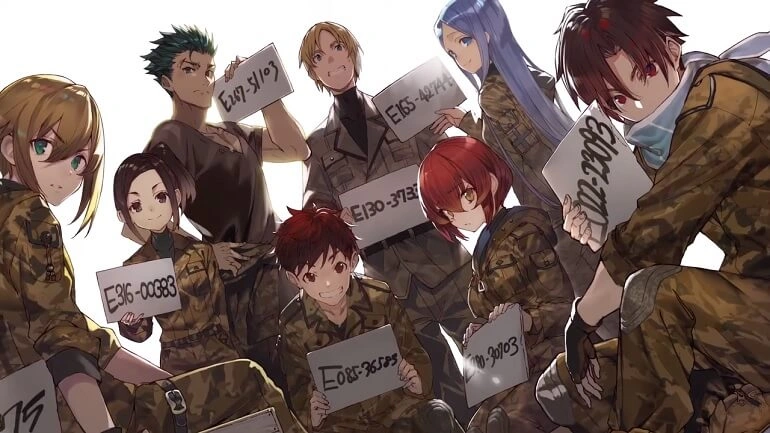
Side Characters: The Pillars Of The Narrative
Every character in 86 left ripples across the lives of Shin and Lena:
- Raiden Shuga: Steadfast and loyal, Raiden stood as Shin’s anchor.
- Anju Emma: Her kindness was a balm to the squad’s wounds.
- Theo Rikka: His sharp tongue hid a tender heart.
- Kurena Kukumila: Her unspoken affection for Shin and her fierce loyalty made her irreplaceable.
- Eugene Rantz: His brief yet impactful presence symbolized innocence crushed by war.
These characters weren’t just supporting roles—they were stars in their own right, illuminating the bleak sky of 86.
The Fireworks And The Finale
The fireworks scene was more than just a moment of beauty—it was a fleeting promise. A promise that despite the endless cycle of war, moments of peace, connection, and humanity still existed.
The final episode mirrored this promise. Shin and Lena, separated by fate and distance, stood on the precipice of reunion. The wind carried their unspoken words, and in that fragile moment, the weight of their journey was laid bare.

A Final Whisper Across The Battlefield
The story of 86 is not one of victory or triumph—it is a story of endurance, of finding fragments of hope in the bleakest corners of existence. And perhaps it is best encapsulated in Shin’s quiet plea:
“If one day you make it to our final destination, can you please leave flowers?”
Because even in war, even in death, there is room for remembrance, for beauty, and for fragile, fleeting hope.
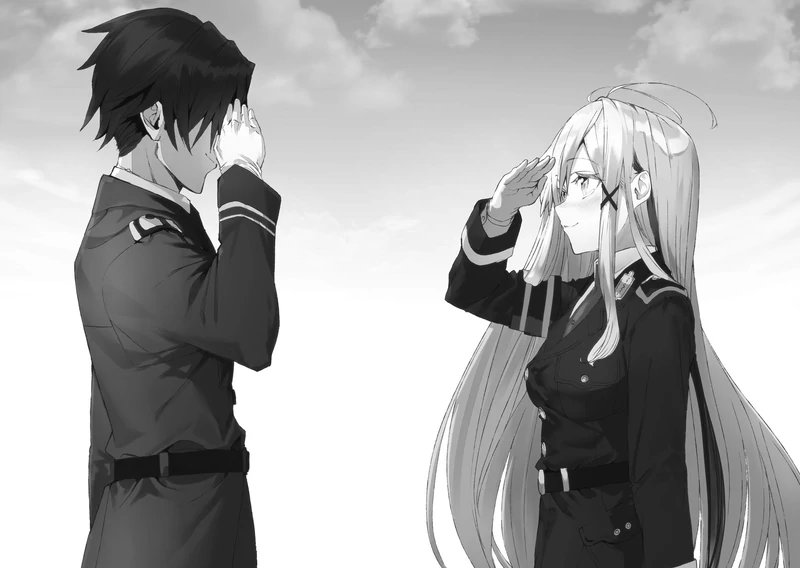
What score would you give 86 out of 10? What were your favourite scenes from the anime? Who was your most favourite character? Would you like more 86 contents in the future? COMMENT DOWN!
Discover more from Ge-erdy Verse
Subscribe to get the latest posts sent to your email.
